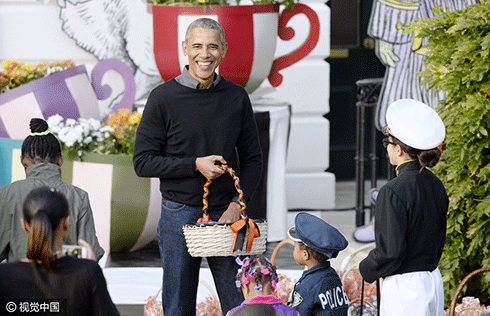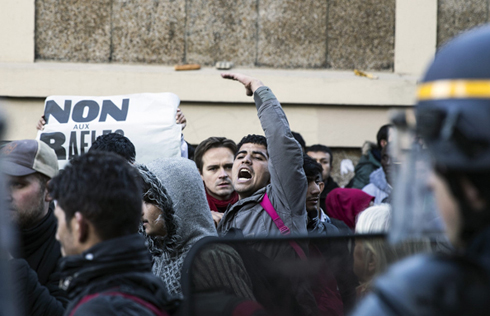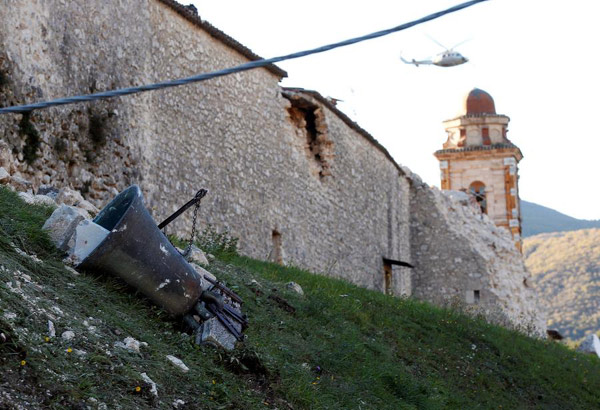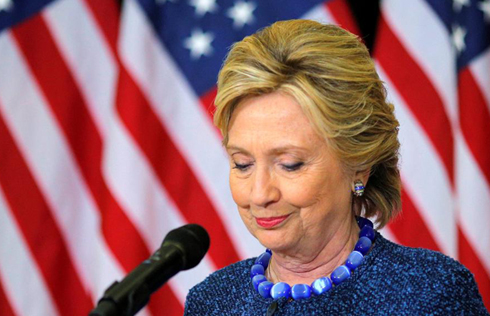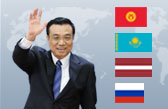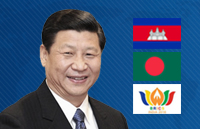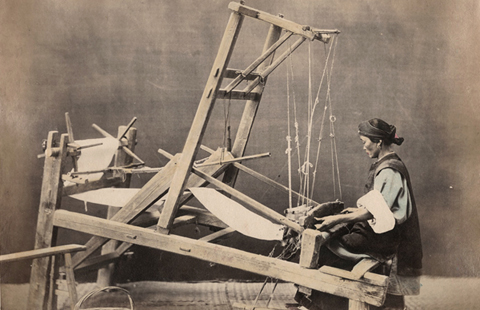Emerging nations not just along for the ride
Emerging economies are not "free riders" and will continue to play a more active role in international affairs, a senior Foreign Ministry official told a global security forum on Saturday.
Vice-Minister of Foreign Affairs Song Tao made the remarks during a panel discussion at the three-day Munich Security Conference, which concluded on Sunday in the southern German city, Xinhua News Agency reported. The annual conference — the largest-ever in its history — focused on emerging economies and global governance.
The rapid growth of a large number of developing countries represented by China, India, Brazil, South Africa and Indonesia in recent years has raised questions such as how they will shape the future of the world order.
Analysts have said that as countries today share interwoven interests and cannot function without each other, the world can no longer be viewed from the perspective of a zero-sum game.
"Emerging economies are not free riders", and have grown within the current international system, and "ride in the same boat with developed ones", Song said.
"They will take a more active part in international affairs to promote international cooperation and tackle global challenges such as climate change, environmental pollution and food security," he said.
Song noted that emerging economies have contributed significantly to the stability and development of the world and have made important contributions in seeking solutions to hotspot issues.
Figures show that emerging economies have contributed more than 50 percent of global growth over the past five years.
"Without the part played by emerging economies, the world economy, plagued by the international financial crisis and the European debt crisis, could have been in much worse shape," Song said.
Nearly 3 billion people in the world are living better lives thanks to the fast growth of emerging economies.
The number of UN peacekeepers from BRICS (Brazil, Russia, India, China and South Africa) countries is five times that of the seven major industrialized countries, according to Song.
"It is fair to say that emerging economies are a combined force for promoting peace, stability, prosperity and development of the world and for building a just and equitable international order," Song said.
The conference has attracted more than 400 foreign and defense policy heavyweights and discussed global hotspot issues such as the situation in Mali, Syria and the eurozone crisis.
The conference, for the first time, set up a special session on "rising powers and global governance", an accommodation to the economic rise of India, China, Brazil and other countries, according to Indian newspaper The Hindu.
India's National Security Adviser Shivshankar Menon sought to debunk the notion that the emergence of countries such as China and India on the global stage would lead to conflict and dissonance in the global order, the newspaper said.
"It is natural that those who worry about the readjustment of power look to instruments of global governance to prevent it. The world suffers from a deficit of global governance," Menon said, noting that though there were 300 multilateral instruments, their legitimacy had declined.
Song also stressed that emerging economies should shoulder "common but differentiated responsibilities", as "they are still quite behind developed countries".
"To ask emerging economies to assume the same international responsibilities as developed economies is to ask a passenger who boards a train at Frankfurt to pay the full fare for the journey from London to Munich. This is not fair, and it is beyond the capability of emerging economies," Song said.
Developed countries and emerging economies should be open and inclusive to each other, Song said. Emerging economies have been calling for reforming the international economic and financial order to increase the representation of developing countries.
"It's necessary to differentiate responsibilities between developed countries and developing countries, especially in issues caused by historical reasons, like the emission of carbon dioxide," said Zhang Yuyan, director of the Institute of World Economy and Politics at the Chinese Academy of Social Sciences. He also called for mutual trust to be built up between developed countries and developing countries.
Xinhua contributed to this story.
Contact the writer at chengguangjin@chinadaily.com.cn






